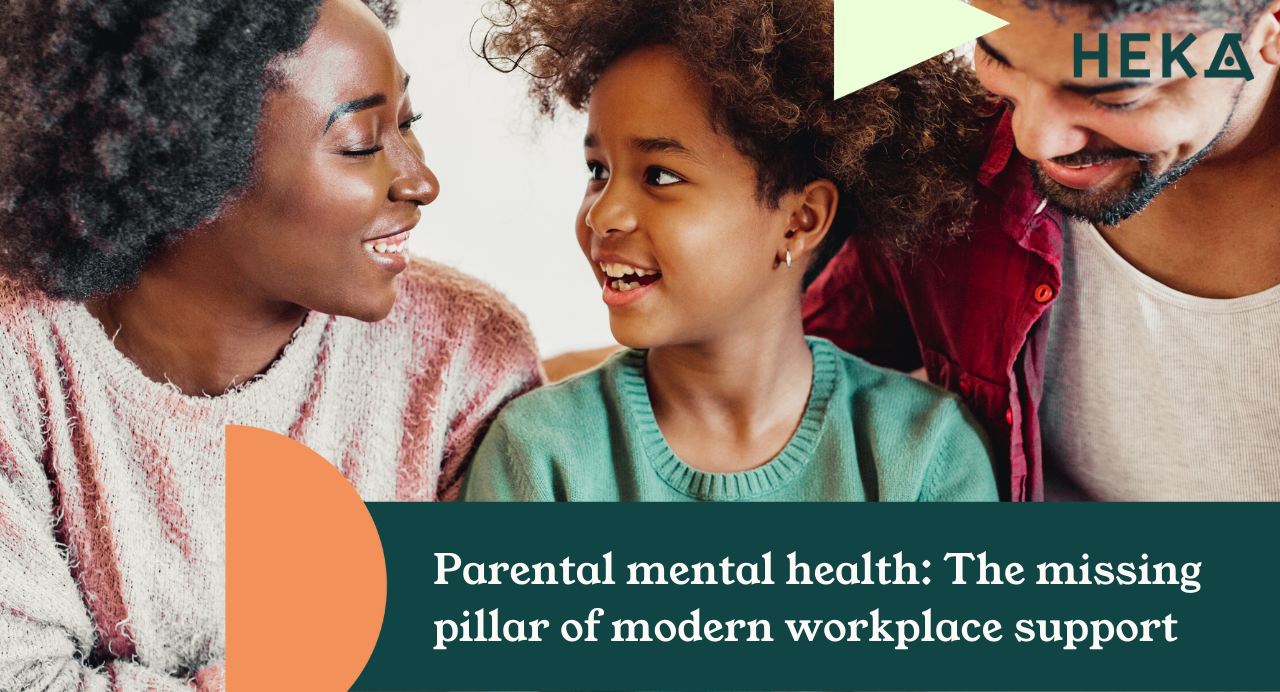A quick summary:
In a society where strength is applauded and vulnerability is often mistaken for weakness, many men are silently suffering. Despite growing awareness around mental health, one group continues to lag behind in accessing support: men. Not because help isn’t available, but because deeply ingrained cultural expectations - rooted in toxic masculinity - are telling them they shouldn’t need it.
The Silent Struggle
Toxic masculinity isn't about men being bad - it's about the harmful societal norms that pressure men to conform to a narrow definition of masculinity. Be stoic. Be strong. Don’t cry. Don’t ask for help. These messages, repeated from a young age, create a stigma around emotional expression and vulnerability.
As a result, men are far less likely to seek therapy, talk about their feelings, or engage in self-care practices like mindfulness, meditation, or even just open conversations with friends. The pressure to “man up” creates a dangerous bottleneck of emotional repression that can lead to stress and anxiety. In fact, men are statistically more likely to die by suicide, yet are far less likely to access mental health services.
The Grind Culture Trap
One of the more modern faces of toxic masculinity is the obsession with performance: physical gains, financial success, dominance in the workplace. The "grind culture" glorifies non-stop work, turning rest and introspection into signs of weakness or laziness. It’s not uncommon to see social media flooded with messages about pushing harder, lifting heavier, working longer - but where are the messages encouraging emotional literacy, self-awareness, or healing?
The gym is packed, but therapy offices remain underutilised by men. The irony? Mental health is foundational to every other kind of success, including physical health and career performance.
Real Strength Looks Different
Seeking therapy isn’t an admission of failure; it’s a proactive step toward living a fuller, more grounded life. But for many men, the idea of sitting with a therapist still feels foreign or even in some cases shameful. Changing that mindset requires reshaping the narrative around what it means to be a man.
Real strength is not about suppressing emotion - it’s about facing it. It takes courage to unpack trauma. It takes resilience to break cycles. It takes self-awareness to grow beyond the scripts we’ve been handed.
Time to Redefine What It Means to Be a Man
The good news? The culture is shifting. More male athletes, musicians, and public figures are speaking openly about their mental health journeys. Slowly but surely, the definition of masculinity is evolving - less about dominance and silence, and more about presence, balance, and authenticity.
Mindfulness, therapy, journaling, breathwork, and meditation are not "soft" practices - they're survival tools. And in the long run, they’re far more powerful than any bench press PR or career title.
The Bottom Line
Men deserve more than the one-dimensional ideals they’ve been given. Health isn’t just about muscle mass or grit - it’s about mental clarity, emotional connection, and inner peace. Until we let go of toxic masculinity, men will continue to suffer in silence. But with awareness, conversation, and courage, we can create a culture where healing is masculine, too.
By offering personalised employee wellbeing support - everything from therapy and mindfulness to fitness and sleep tools - Heka helps men access what they actually need, in a way that fits their life. No pressure, no one-size-fits-all, just real, human support. Because mental health support shouldn't be confusing, or wrapped in stigma. It should be accessible, personal, and - most importantly - normal.






